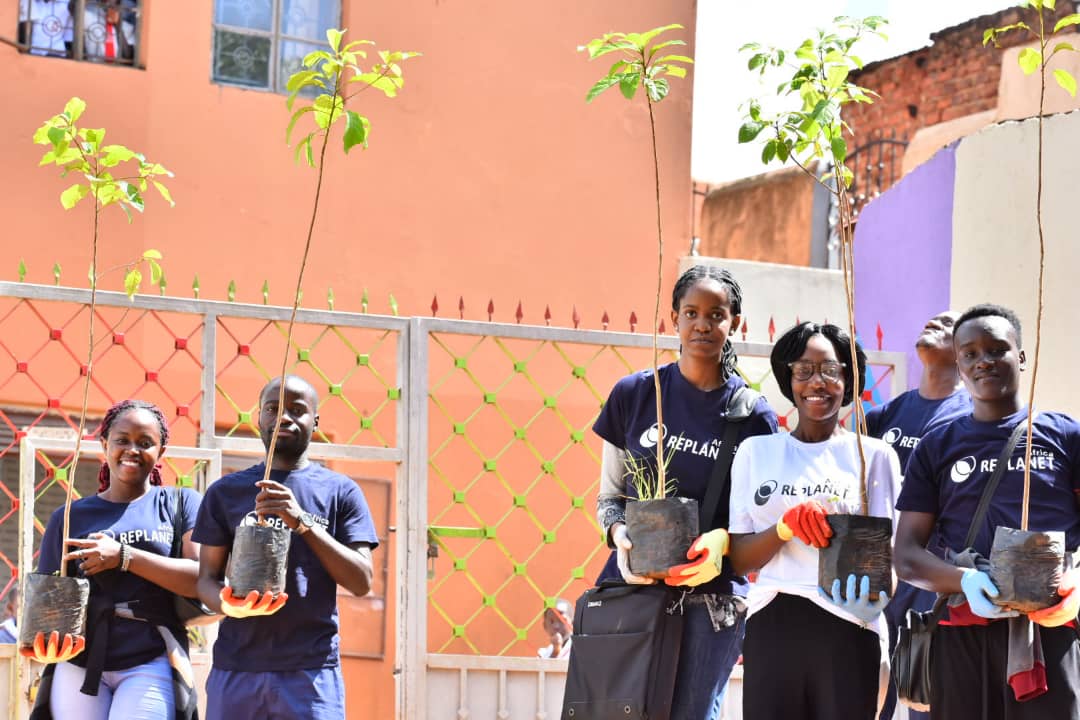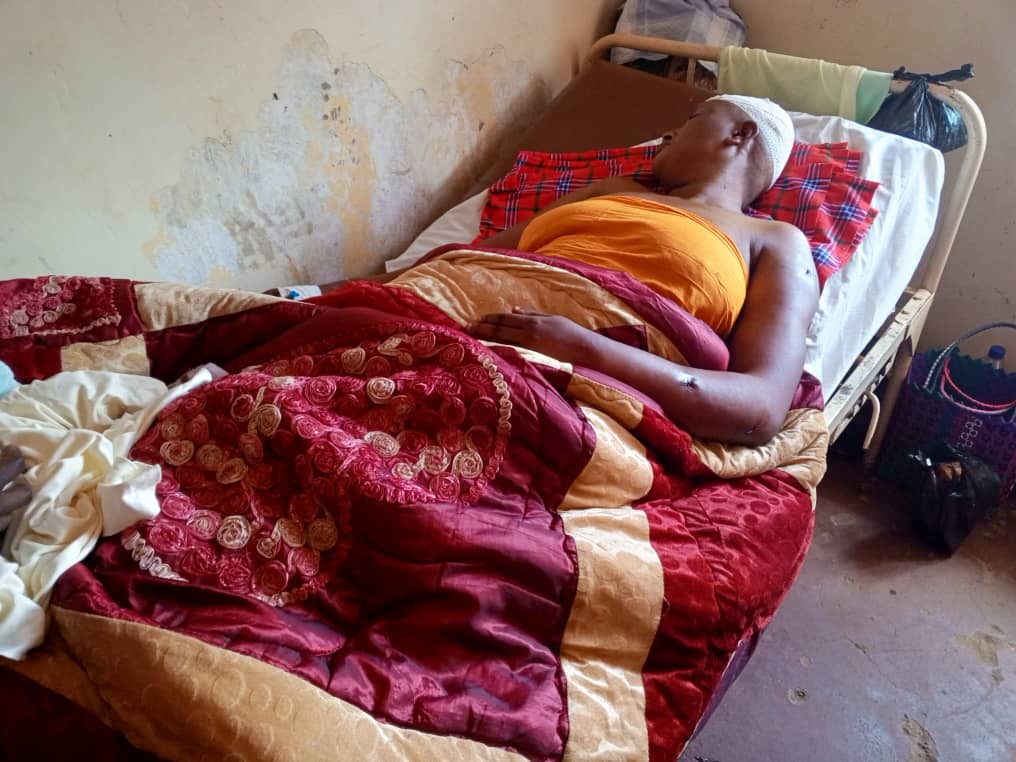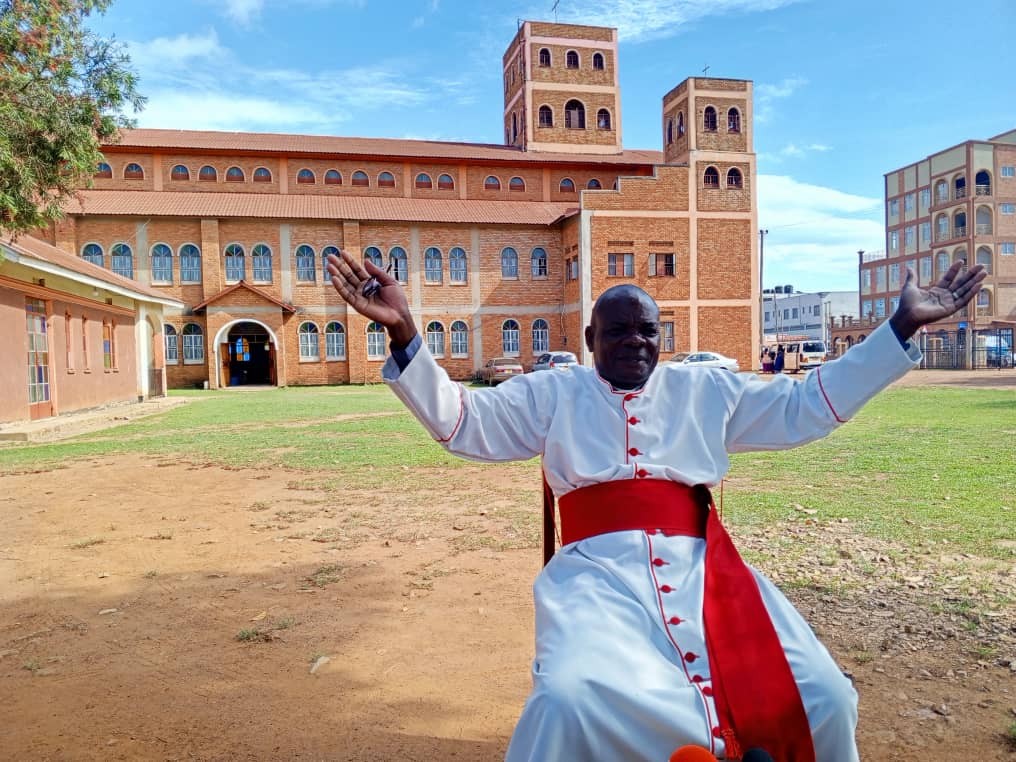Refugees in urban areas forced into transactional sex for food
The U.N. refugee agency UNHCR warns hundreds of thousands of urban refugees across the East, Horn and Great Lakes region of Africa are resorting to desperate measures to survive as the economic impact of COVID-19, the illness caused by the coronavirus, takes hold.
Government-imposed lockdowns and curfews aimed at preventing the spread of the coronavirus are restricting everyone’s freedom of movement and ability to earn a living. The U.N. refugee agency says urban refugees are most seriously affected by the measures and unable to meet their most basic needs.
Keep Reading
UNHCR spokesman Charlie Yaxley says many urban refugees are at risk of exploitation and falling into debt. He warns many may be forced to take desperate measures to survive, such as engaging in transactional sex or child labor.
“Urban refugees are facing job losses as businesses are forced to downsize or close due to COVID-19 restrictions. Many were daily wage workers or worked in the informal economy and were already living hand-to-mouth before the pandemic struck. Many urban refugees are also living in overcrowded and unhygienic conditions and are particularly vulnerable to the spread of the virus,” he said.
Yaxley says thousands of refugees in the Kenyan capital, Nairobi, are crammed into squalid districts with little access to clean water, making hand washing nearly impossible.
He says governments across the East, Horn and Great Lakes region so far have included refugees in COVID-19 response plans. He told VOA refugees have the same access to testing and treatment as members of the local communities.
“So, our call today is for governments to also ensure that refugees are included in social safety nets. So that they are able to access welfare support payments, so that they are able to get assistance with meeting their basic needs. So, they are able to pay rent, have shelters, so they are able to afford food,” he said.
The UNHCR says food imports have become more challenging because of the pandemic, causing prices to rise. Additionally, it says swarms of locusts, especially in Kenya, Ethiopia and Somalia, are ravaging crops and threatening to increase hunger and poverty.
The agency is urging the international community to support its emergency response plan. It says $126 million is required to provide life-saving assistance before the rapidly deteriorating situation in the region reaches a breaking point.













